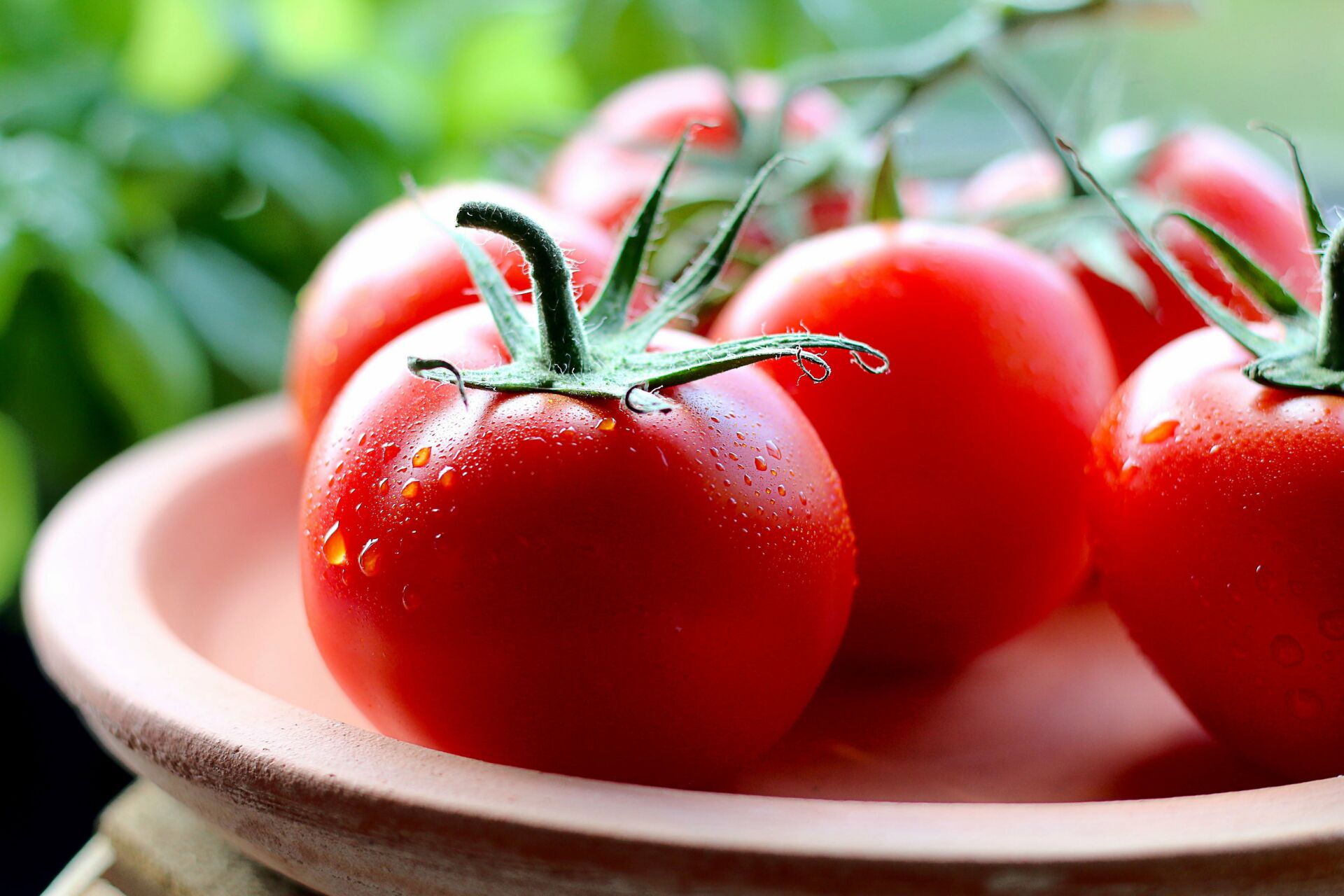
Basis for good everyday life – Eating
Reflection task 2
• Is my eating supporting my well-being and overall satisfaction?
• Am I content with how I eat?
Eat Regularly to Stay Energetic
Eating regularly means that we consume the same number of meals every day, at roughly the same time. In this case, you would eat every 4 to 5 hours. Our bodies need nutrition regularly to keep our blood sugar levels even, to stay energised and to perform well all day. Eating regular meals also helps you eat moderate size portions and keeps you from snacking or binging food. When you eat regularly, you avoid getting too hungry and keep energised.
Breakfast sets you up for the day and gives you energy for the morning. If you don’t feel like eating breakfast right after waking up, consider packing a snack for work or where you study. Eating lunch will give you fuel for your tasks in the afternoon. If you have company at lunch, you get to catch up with others. Having lunch alone gives you a peaceful break to yourself.
Having a snack in the afternoon refreshes you and helps you stay energized if you exercise before dinner. The snack might also keep you from binging when you become extremely hungry or buying unhealthy spontaneous snacks on your way home. Dinner is the meal which gives you fuel for the evening. Light snack later in the evening might help you sleep well and gives your body a chance to renew itself during sleep.
Not everyone benefits from basic Finnish meal routine described above. Some might like to eat just a little in the mornings, but more during lunch and afternoon. Some have a full breakfast and lunch, but no snacks. You can find your own eating routine by sensing your energy levels, hunger and being full. If you avoid getting extremely hungry and have even energy levels, your meal routines are most likely good.
Eating Is All About the Big Picture
When it comes to eating, we all make personal choices. Our values and our culture affect these choices. Sometimes the choices are affected by how busy we are or how much money we have, and we can’t always have a well-balanced diet. The most important thing is that as a whole, our diet is balanced and it has sufficient nutrients. No one food is better than the others. You can also have treats and feel good about eating.
When choosing what to eat, look at the big picture and the variety of your diet. The choices which make up your everyday meal routine are good staples for your diet. If you had plenty of sugary treats during the weekend, start your healthy eating routine on Monday. Here you can find more information on the Finnish food recommendations: https://www.ruokavirasto.fi/en/themes/healthy-diet/
Do my Eating Habits Need a Change?
You might have recognised something about your diet that needs a change. When you’re trying to make a change in your everyday life, it’s vital that the choice is your own and that it’s in line with your values. To make a successful change, you should think carefully why you want it to happen. Changes take time and baby steps. When you’re planning to change the way you eat, keep these in mind:
- Choose a minor goal. Quick and drastic weight loss or other dramatic changes to your diet are prone to be short-lived. The smaller the change, the more likely it is to become a lasting part of your everyday life. If you can’t make it happen, the change is probably too major.
- Make one change at a time. If you wish to eat regularly, don’t alter anything else in your eating habits simultaneously (like change your whole diet).
- Continue your new eating habit so long that it becomes a part of your daily routine. Start new habits only after succeeding in this.
- Remember to keep track of your success and thank yourself for any progress. If your aim is to eat more healthily, one vegetable-based meal is better than none.
- Be self-compassionate and forgive any lapses. Setbacks are part of the process as we’re trying to get used to new habits and change the old. Keep moving towards your goal despite the occasional lapses.

Am I Prone to Emotional Eating?
Sometimes you might eat to ease your changing moods and emotions. This is when you’re stressed, bored or anxious and you want to feel better by eating.
You might also lose your appetite when stressed. Eating can feel comforting and calming you if you’re sad. You can feel better temporarily, but often the difficult emotions return, sometimes even stronger than before. Consider stopping to sense your mood and your emotions if you notice you’re eating for some other reason than hunger.
You can make small adjustments to make sure emotional eating doesn’t start controlling your life. For example, not having sweets or salty snacks in your kitchen cupboard will make it more difficult to fulfill cravings. You could try other solutions than eating when you’re feeling down, even if it seems difficult.
Could you message or talk to your friend, take a walk, or maybe listen to music? You can also ponder which situations bring about emotional eating. Do the situations have something in common? When you recognise what triggers emotional eating, you can be prepared and more in control. The most important thing is to stop and reflect on your emotional eating and the reasons behind it. You can control your eating also when feeling bad. This can give you a meaningful experience of having control over your food consumption.
What we eat is closely connected with how we sleep and exercise. Not getting enough calories might make falling asleep more difficult and affect exercising negatively. More about sleep on chapter three and sports on chapter four.
